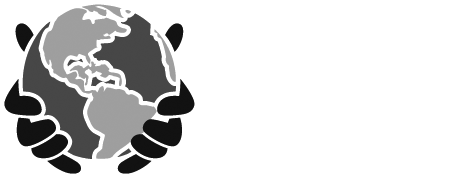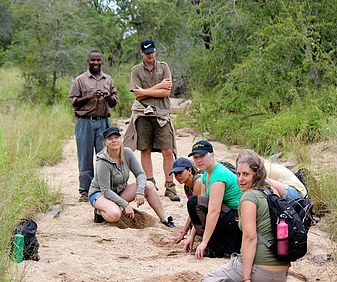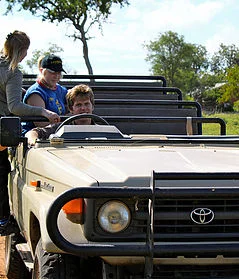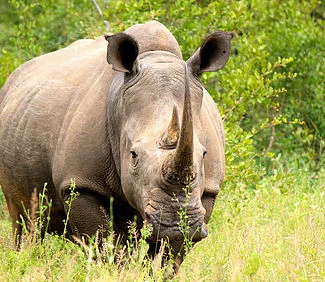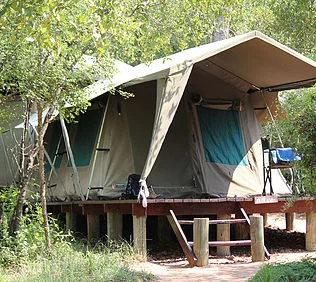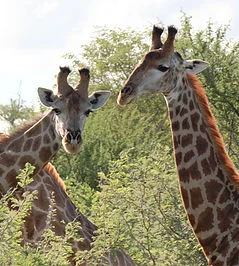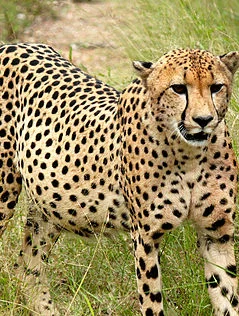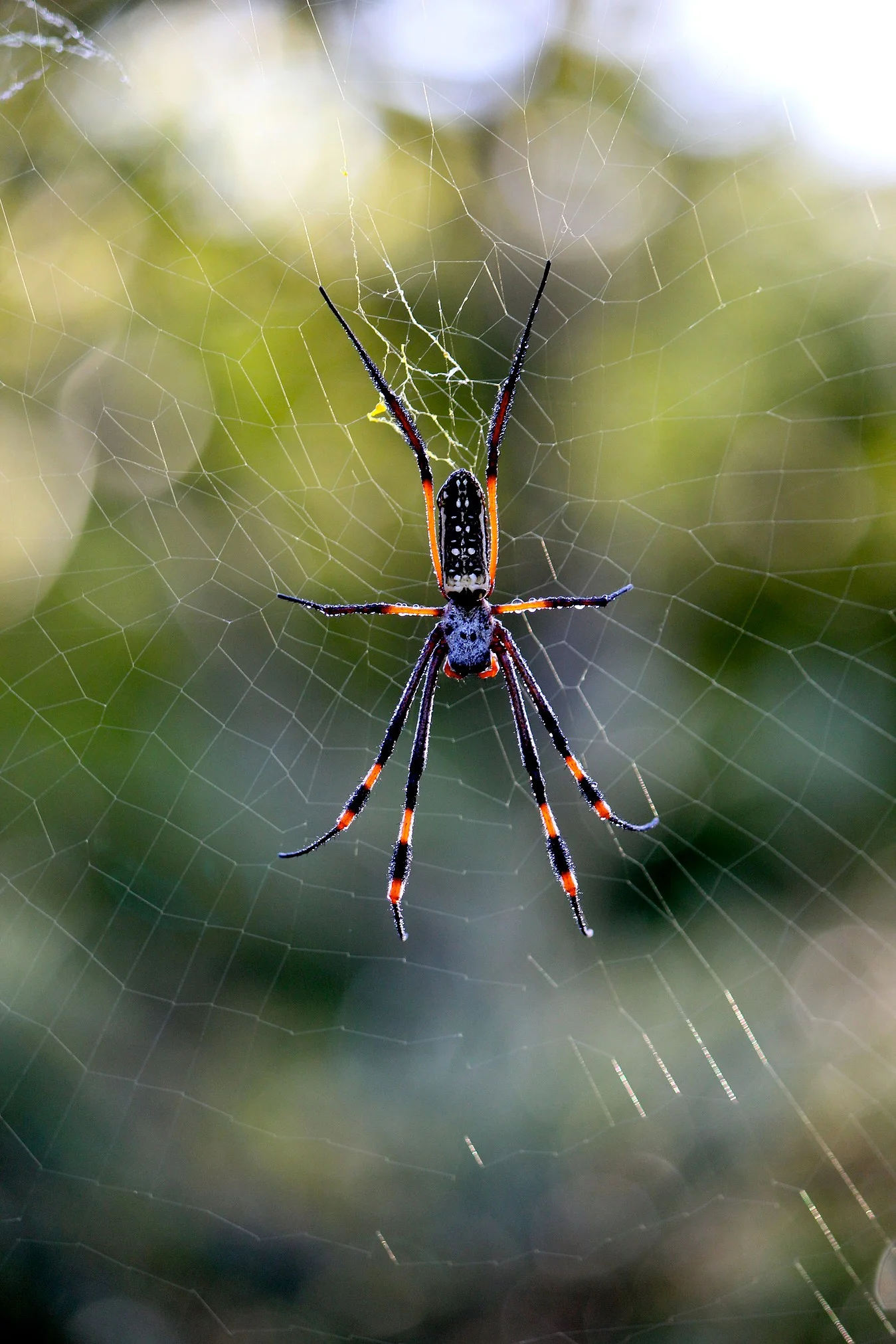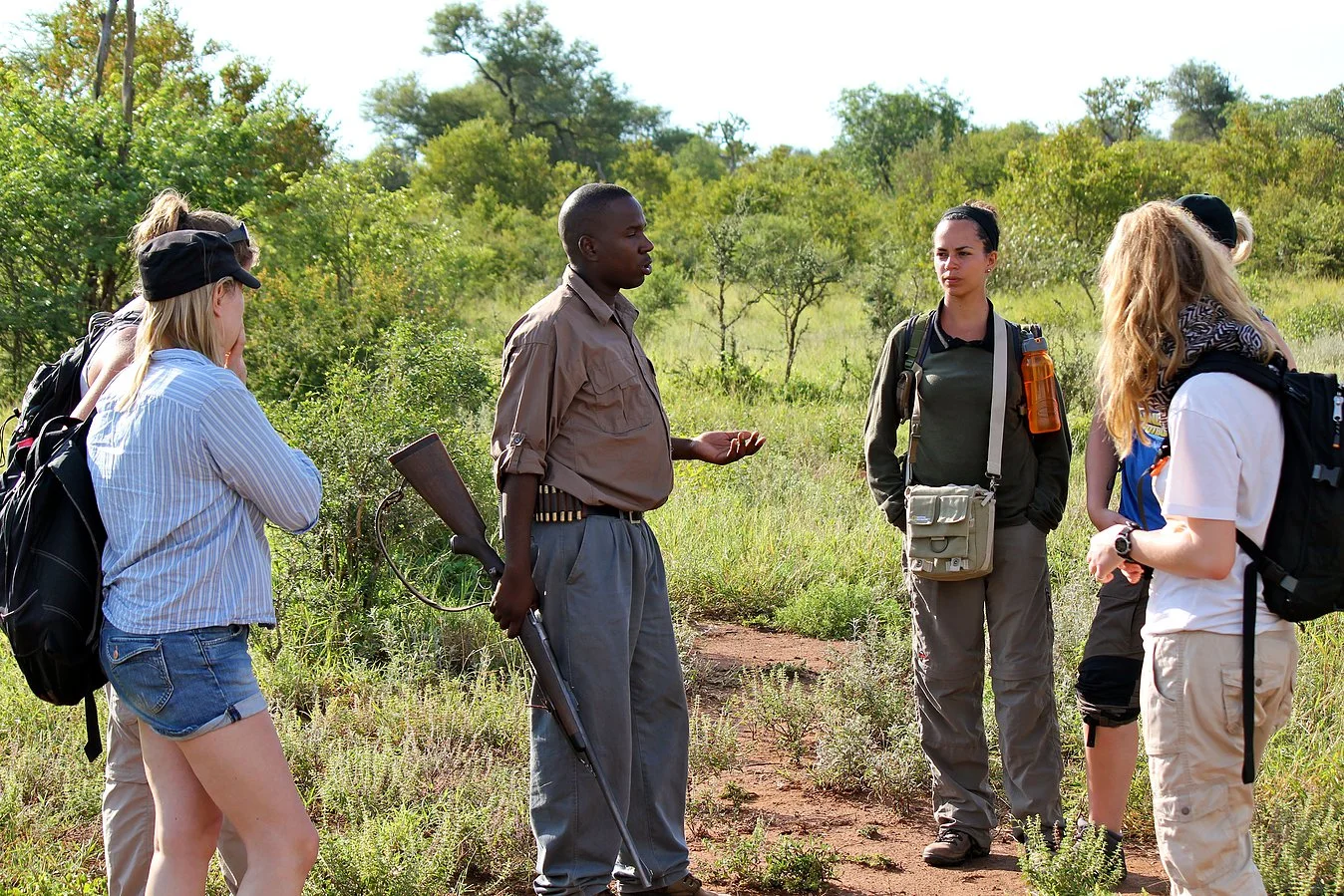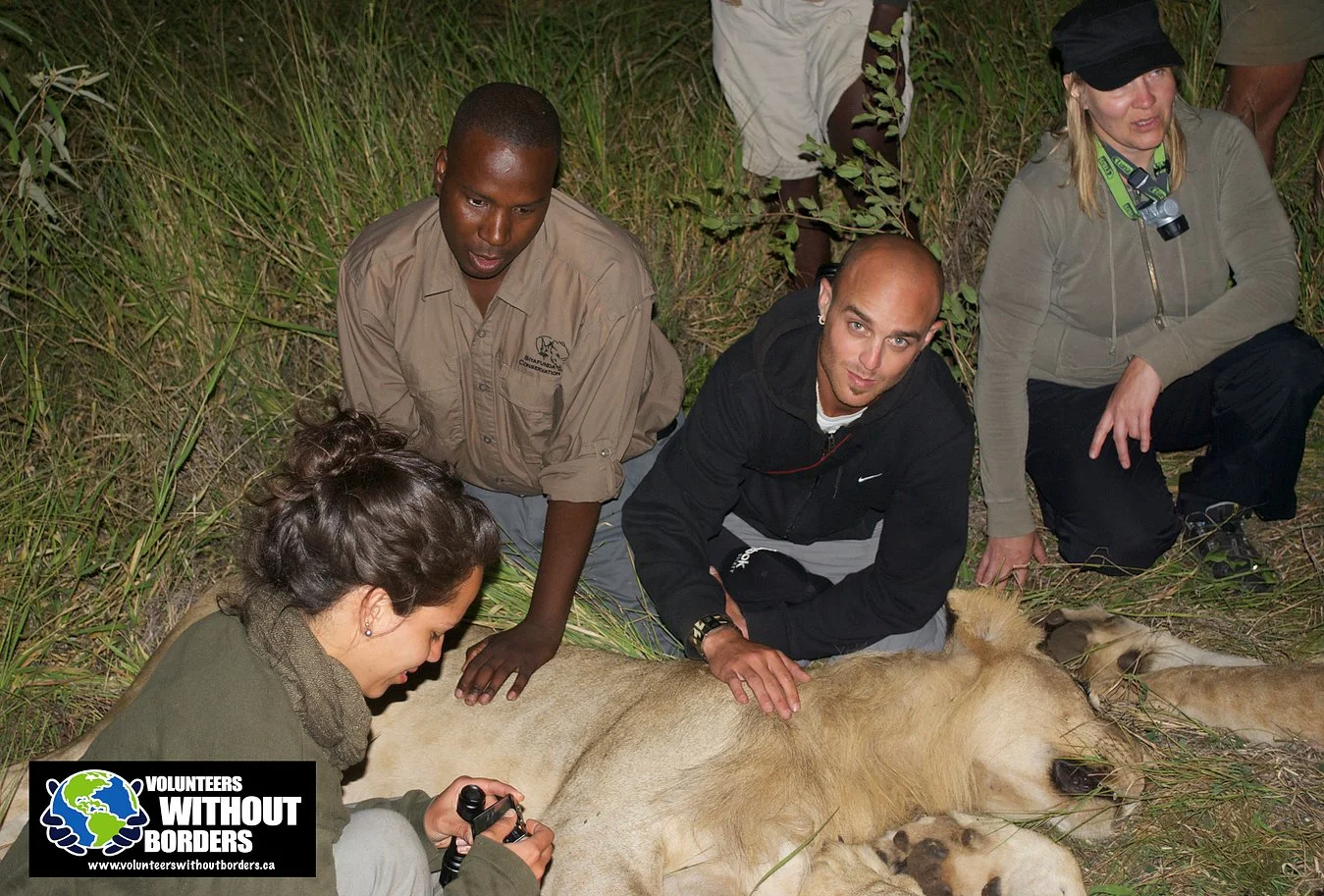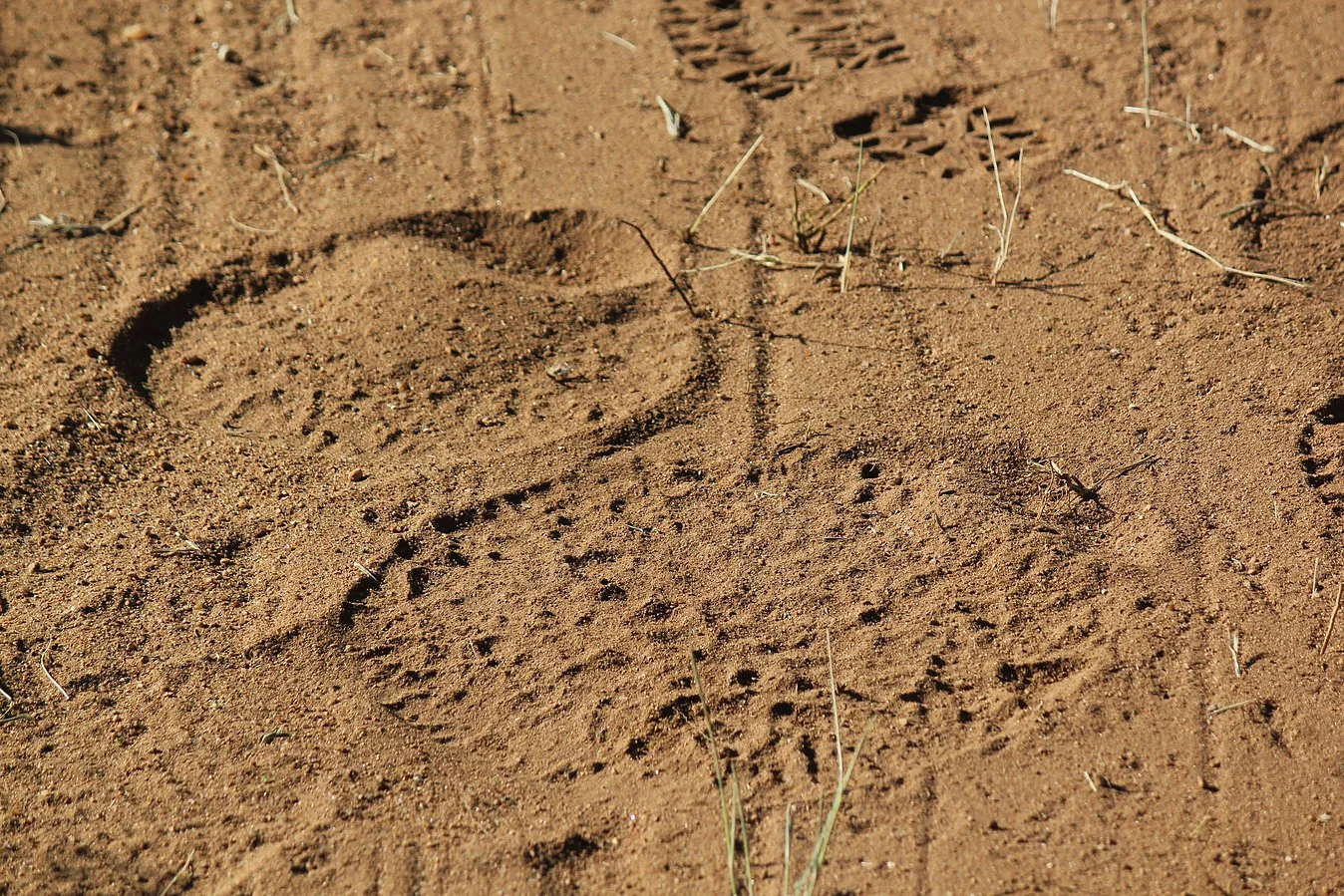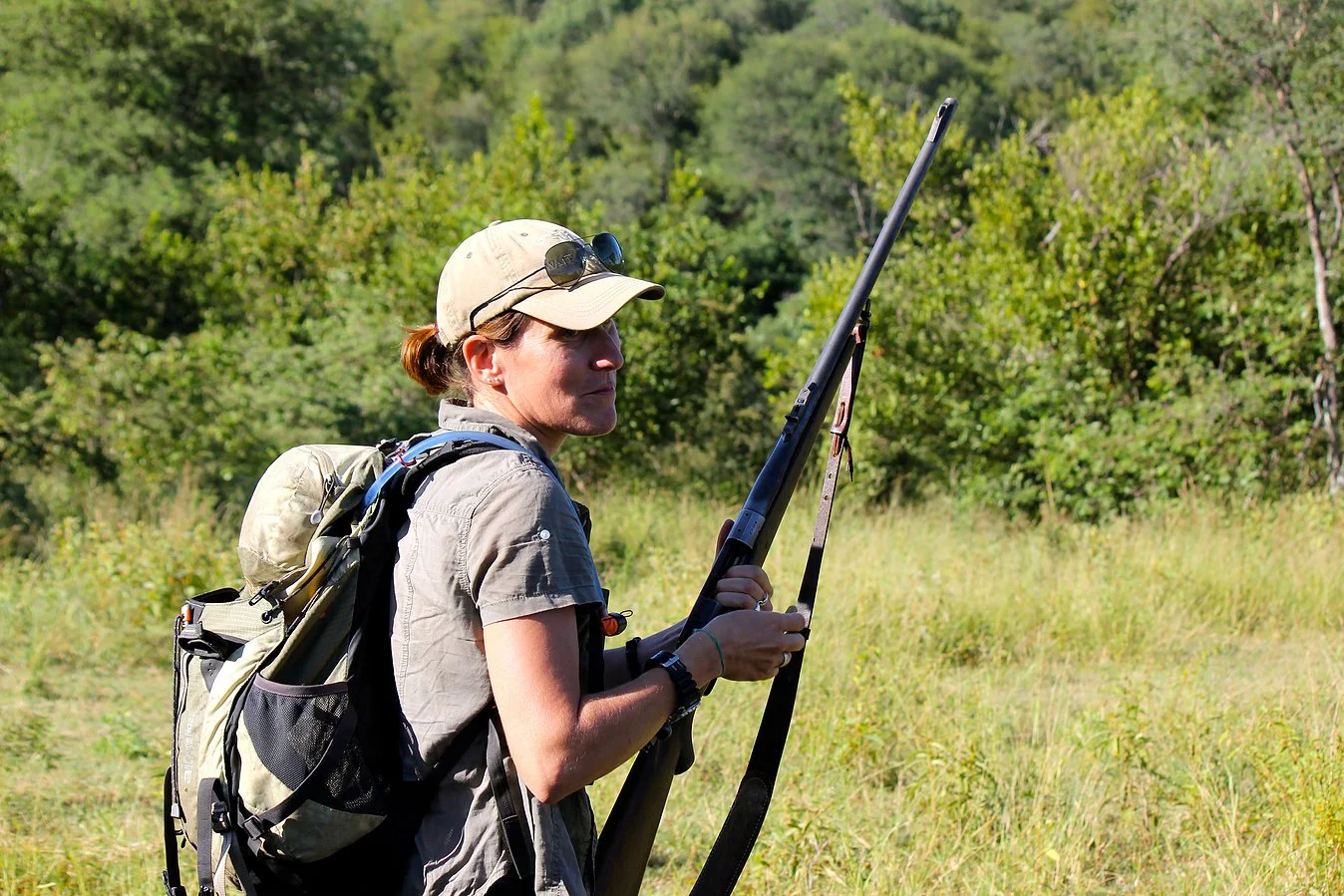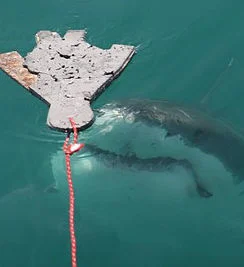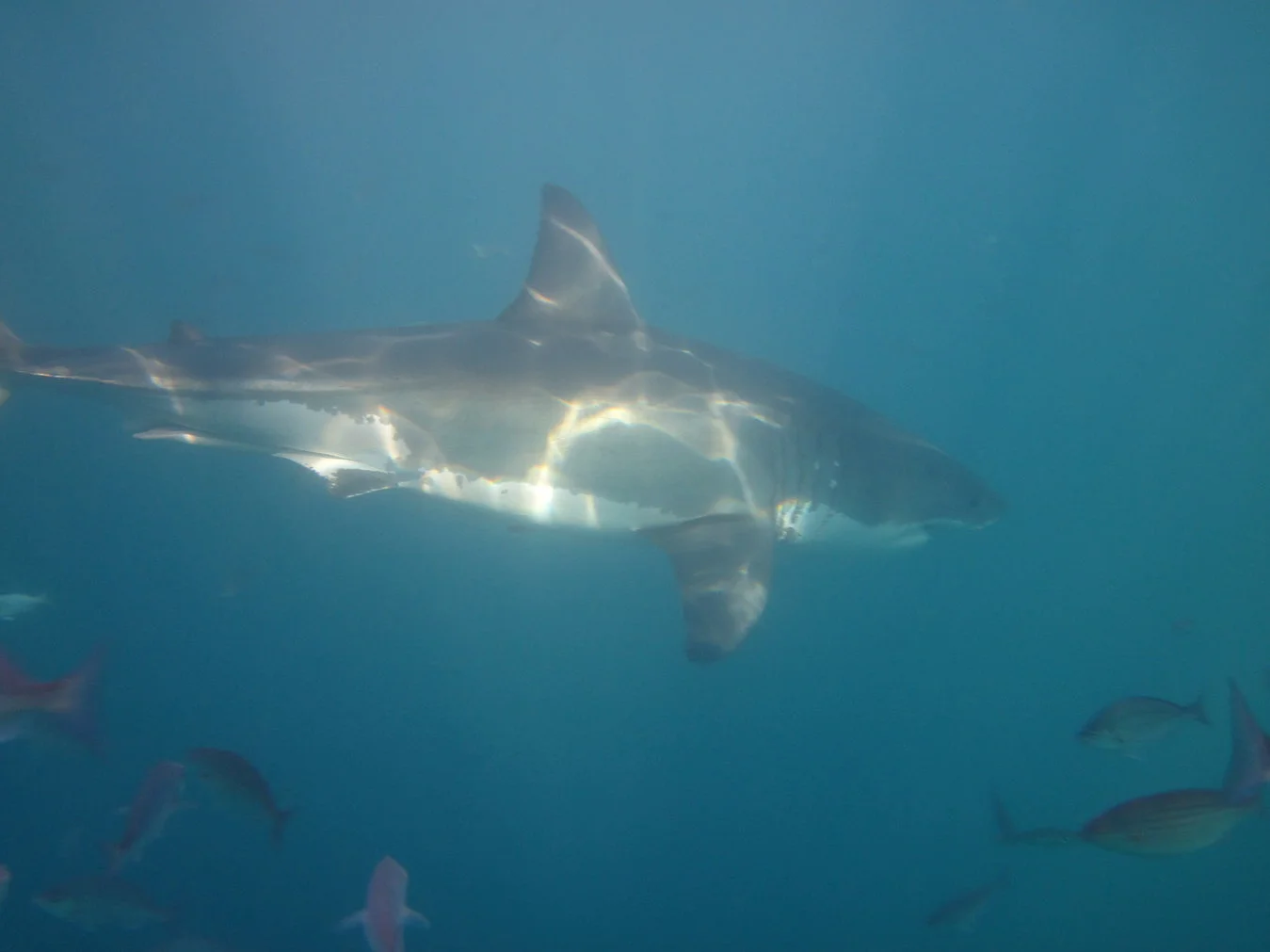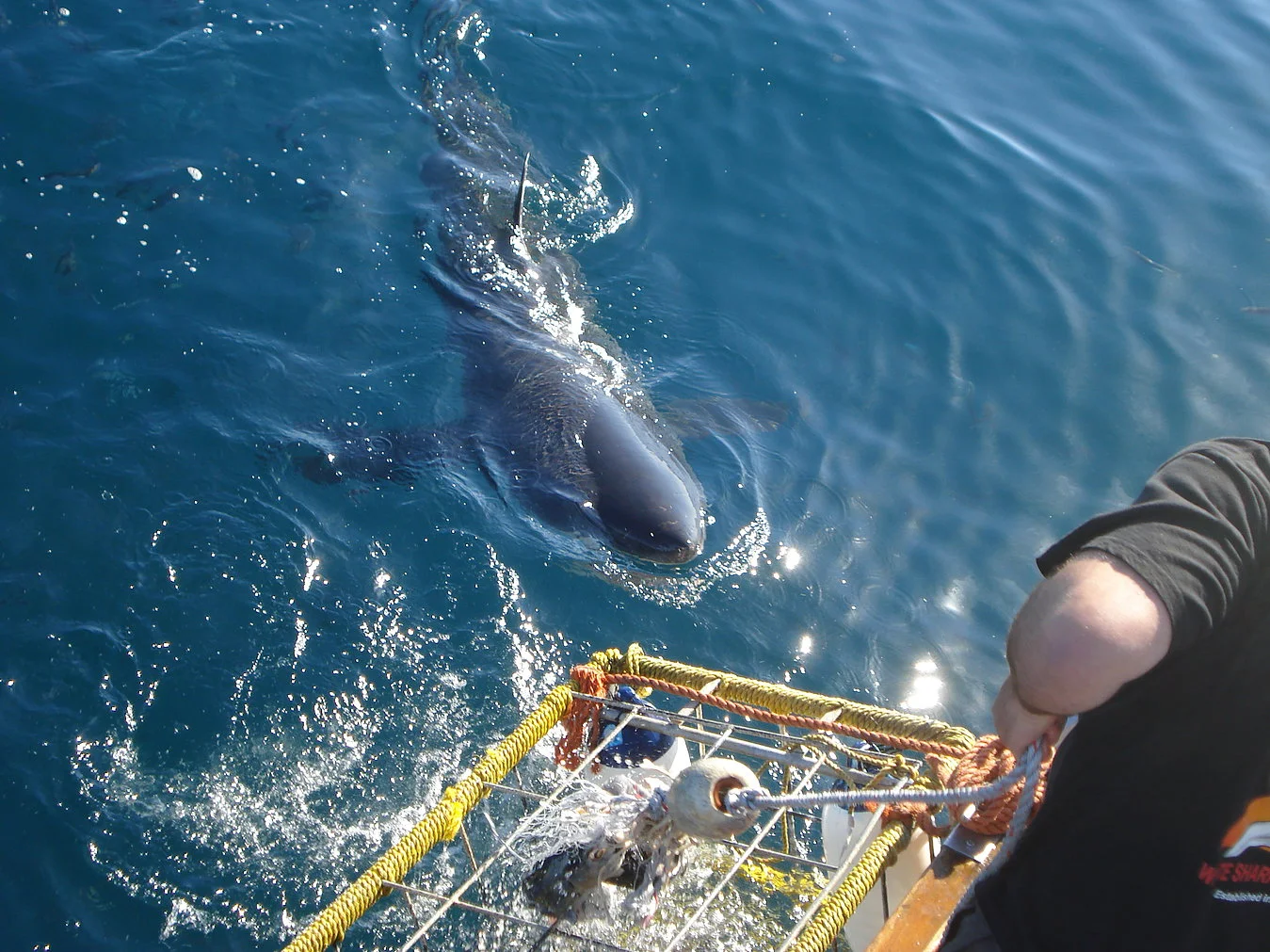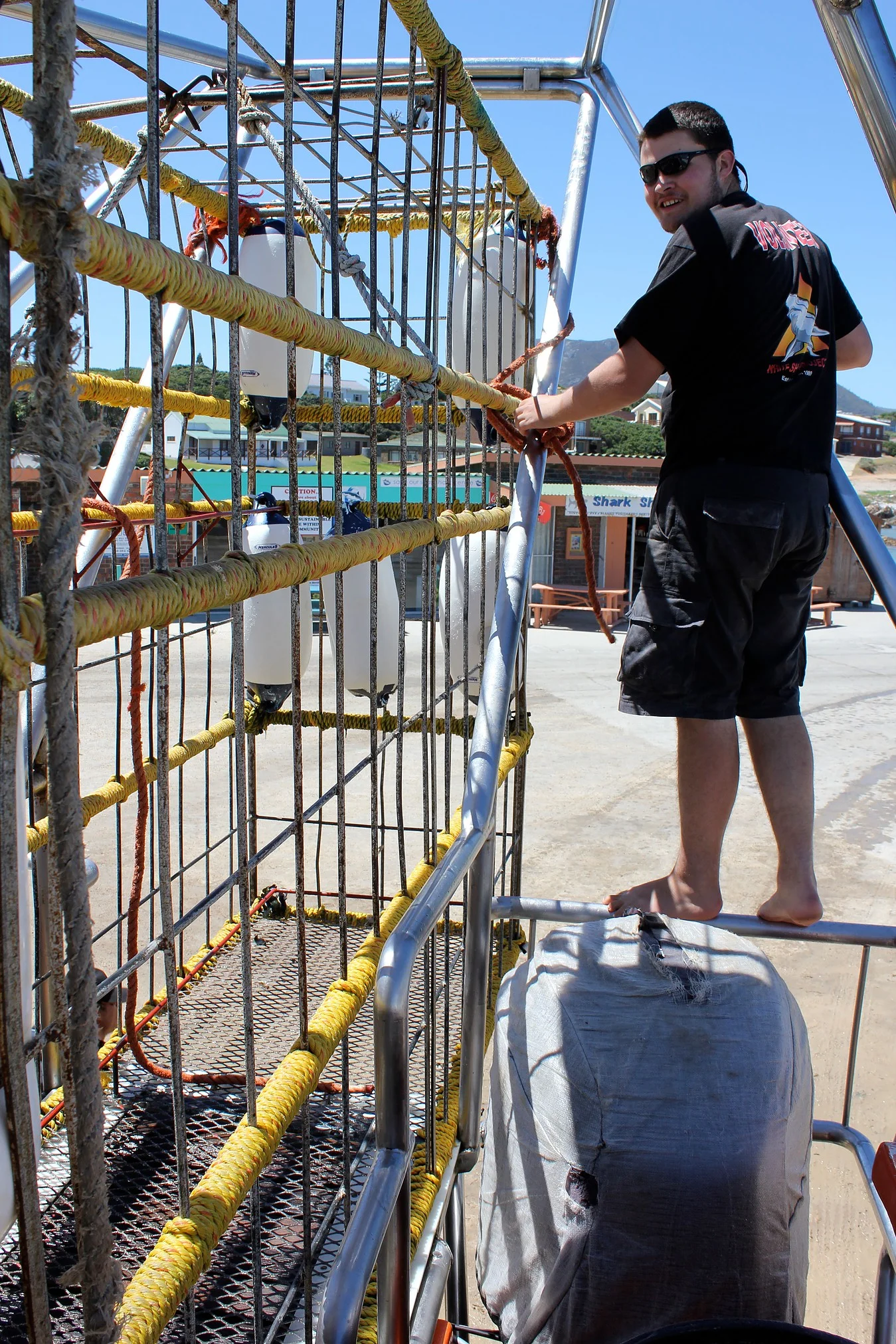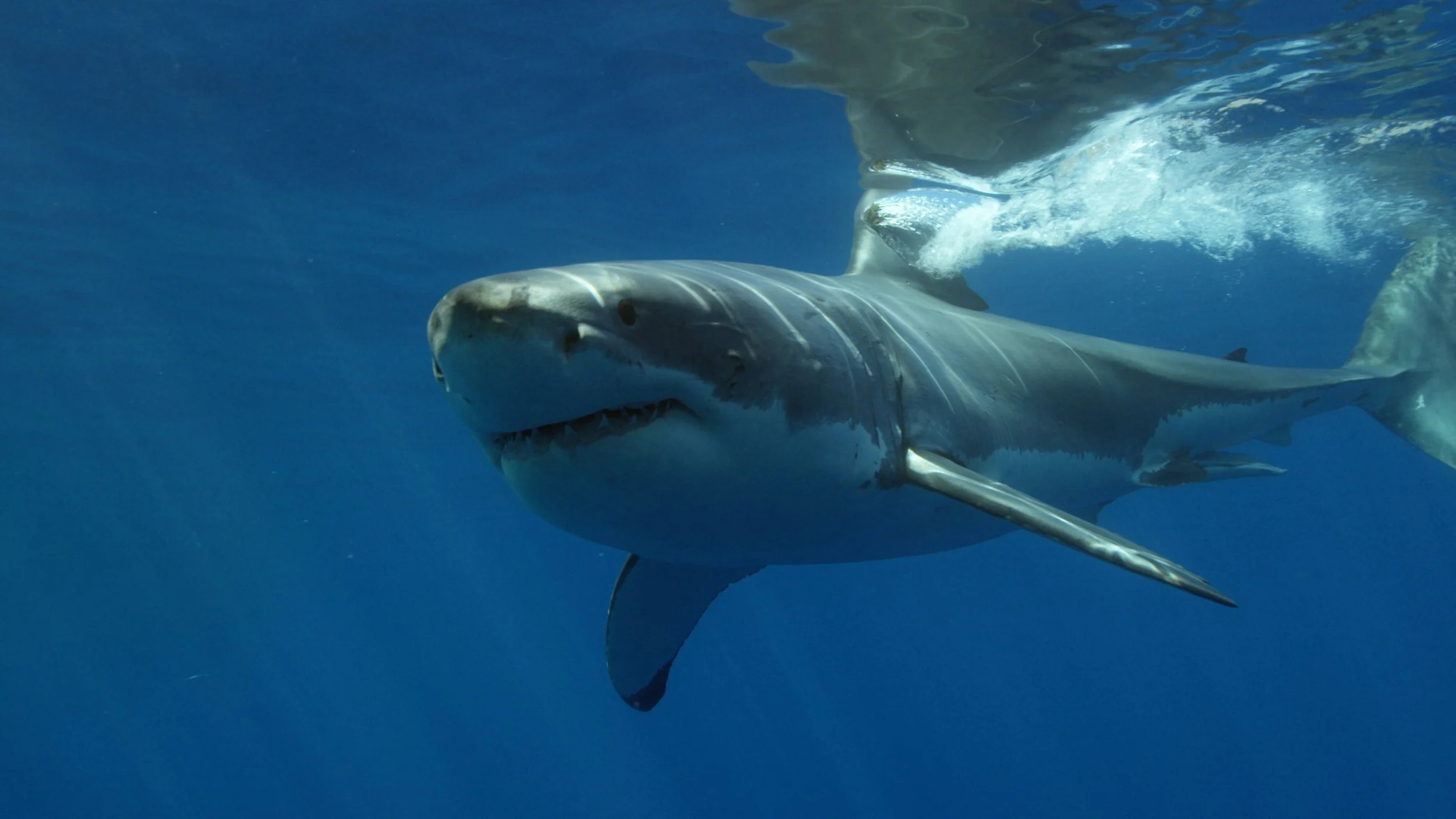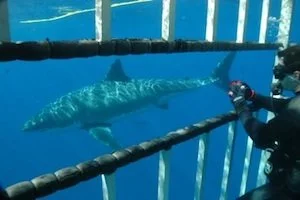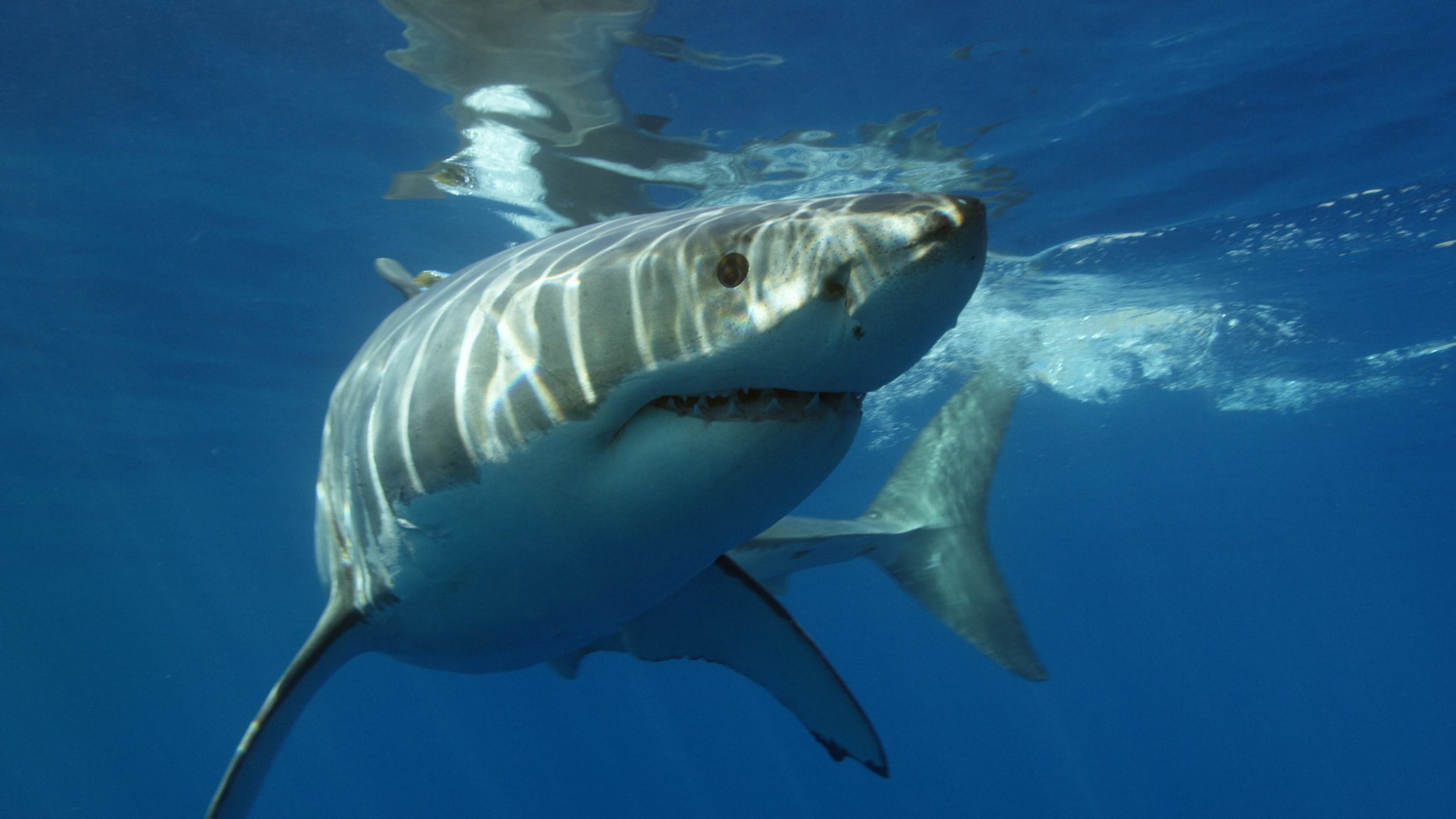
SOUTH AFRICA
LIFE IN SOUTH AFRICA
South Africa, officially the Republic of South Africa (RSA), is the southernmost country in Africa. It is composed of 2,798 kilometres (1,739 mi) of coastline stretching along the South Atlantic and Indian Oceans. South Africa neighbours are Namibia, Botswana, Zimbabwe, Mozambique and Swaziland. South Africa is the largest country in Southern Africa and the population is close to fifty-six million people. It is the southernmost country of the Eastern Hemisphere. About eighty percent of South Africans are of Sub-Saharan African ancestry. The remaining population consists of Africa's largest communities of European, Southeast Asian and multiracial ancestry. South Africa is a very diverse ethnic community composing of an extensive variety of cultures, languages, and religions. There are nine official ethnic groups speaking different African languages which have official status. There exists eleven official languages, which is quite impressive, and is among the highest number of any country in the world. One of the main languages used is of European origin: Afrikaans, which was originally developed from the Dutch. It serves as the primary language of most of the white and coloured South Africans. English is used in public and commercial life, but is not the most common language spoken.
ISSUES FACING SOUTH AFRICA
South Africa faces a multitude of pressing issues that impact its socio-economic landscape. Economic disparity remains a significant challenge, with a stark divide between affluent and impoverished communities. Despite being one of the continent's largest economies, a large percentage of the population lives in poverty, exacerbated by historical injustices stemming from apartheid. High unemployment rates, especially among the youth, pose a critical threat to social stability and economic growth. Structural challengeSouth Africa faces a multitude of pressing issues that impact its socio-economic landscape. While strides have been made in increasing access to education, the quality of education varies significantly between urban and rural. The healthcare system is under pressure, particularly in underserved regions. Issues include inadequate funding, staffing shortages, and a dual health system where private care is accessible primarily to wealthier citizens, leaving many without necessary services.
HOW YOU CAN HELP.
Due to the high amount of poaching, lack of laws, and low levels of enforcement; the animals and marine life of Africa and our world is diminishing at a rapid rate. If pressure is not put on governments to change ways, educate locals, and enforce laws, we may lose our precious wildlife in the very near future. While volunteering in South Africa, the programs we offer allow volunteers unique experiences to educate themselves on these issues, get involved in the local community and learn more about the African culture and the way of life. If you have the courage and desire to make a difference in South Africa, you will be rewarded immensely as it is one of the most exciting countries to volunteer in; especially if you have a big heart for marine life or wildlife. There is also Marine conservation efforts which allow volunteers a unique opportunity to join research teams focused on the study and protection of the Great White Sharks. While volunteering you will learn how to monitor habitat conditions, assisting in tagging efforts, or collecting data on shark behaviours while working alongside marine biologists, contributing to important research that informs conservation strategies. Through dedicated efforts, volunteers help advance understanding and protection of great white sharks, contributing to a healthier ocean environment.
ESSENTIAL COUNTRY INFORMATION:
CAPITAL CITY: Pretoria
POPULATION: 46.92 million
LIFE EXPECTANCY: 53
TIME ZONE: UTC +02:00
LITERACY PERCENT: 86
CURRENCY: South African Rand (ZAR)
RELIGION: Christian, Indigenous beliefs, Muslim, Hindu
OFFICIAL LANGUAGE(S): English, Ndebele, Swazi, Tsonga, Tswana, Xhosa, Zulu
WEATHER AND CLIMATE: South Africa is situated in a subtropical location. The weather is moderated by the Atlantic and Indian Ocean. Across most of the country, the summer season is between the months of December to February. It is characterized by hot, sunny weather, temperatures averaging around 25 °C / 77 °F. The winter season is between the months of May to September. During these months, the weather is cooler and drier with evening temperatures averaging around 10 °C / 50 °F.
GAME RESERVE WILDLIFE CONSERVATION PROGRAM
EDUCATION, RESEARCH, TRACKING, LOCATING, OBSERVATION, MONITORING & ANALYZING DATA
Location: Limpopo Province (Northeastern Region)
If Wildlife Conservation is something that lies in your passion zone, then you will be provided with an incredible, once in a lifetime opportunity to view the spectacular wildlife in Africa, learn about how the animals live in the wild, and experience the African bush, while making a personal contribution to conservation efforts. As a volunteer on this program, here is a taste of the many different experiences: logging the times and frequency animals are sighted, animal tracking using footprints and sounds, clearing trails and paths of obstructions, bush walks and game drives, bush camp (navigation, orientation, survival, sleep out), and in-class lectures and presentations. While volunteering on this program, you will be involved in the following techniques mentioned below:
-
Before you can observe animals in the wild, they must be located. To become an expert animal tracker, it takes years of practice. A professional guide (animal tracker) often uses a combination of several different techniques. There are many ways to observe the majestic animals of Africa, but what most outsiders believe is the best way to spot them is to simply drive around an area and hope a bit of luck will bring you to the animals. It doesn't take very long in a wildlife game reserve to realize this is not the best way. Gaining valuable knowledge of a particular species by being able to understand how to track particular animals by using footprints to determine their whereabouts is one thing that a good guide must eventually master. This is no easy task, but lucky for us, it can be learned. Another viable technique of locating wildlife is by using telemetry. They can only be monitored if a particular animal has been tagged and has a radio collar. With a little practice and a lot of hard work, one can master the technique of using radio waves and frequency to locate them so you can marvel at their beauty.
-
We monitor and record locations, demographic composition and any significant behavioural displays of the wildlife on the reserve such as elephants, lions, impalas, giraffe, hippopotamus, zebras, buffalo and wildebeests. This assists in determining trends in habitat utilization as well as helps to correlate animal population sizes with counts conducted every other year.
-
Monitoring drives are conducted twice each day. A schedule is posted each week which indicates which specific animal will be monitored. Volunteers are briefed on the importance of monitoring, things to look out for, and are always encouraged to participate in surveying the smaller mammals and birds seen on each drive. During the drive, data is collected pertaining to animal movement patterns, reproductive behaviour, grouping and association patterns, and predator and prey interaction of all big game animals on a daily basis. The data collected is also used for long-term analysis. Identification kits are provided to easily recognize and distinguish certain behaviour patterns which can be observed over an extended period of time.
-
The research and data collected during monitoring helps to assist in the decision-making processes and challenges associated with management of enclosed game reserves. With the data that volunteers help to collect, we hope to eventually create a management model which can be applied to other conservation areas, in order to prove there is indeed a future for long term private conservation development.
-
You will have the opportunity to get involved in a number of community projects close to the Game Reserve namely the Holy Family Orphanage and St Martin's Community Creche. These projects are often provided with basic support and volunteers are encouraged to purchase food, toys, stationary and other items these children may desperately need. Volunteers will visit these projects every two to three weeks. Most of the children just enjoy the attention they get and it is a wonderful feeling to be able to bring a smile to their faces at the mere sight of you.
Wildlife Conservation Program Fees
** START DATES BEGIN MONDAY Every week **
-
$775.00 CAD
-
$1,525.00 CAD
-
$2,195.00 CAD
-
$2,680.00 CAD
-
$420.00 CAD
PLEASE NOTE: Volunteers are required to pay a Registration Fee of $225.00 CAD, which will be added to the program fee. This fee helps to cover the registration, enrolment, administration and processing costs. To find out what’s included in the program fees, scroll down for additional details.
To convert these prices to your currency click here. Fees may vary depending on the USD exchange rate.
GREAT WHITE SHARK MARINE CONSERVATION PROGRAM
RESEARCH, EDUCATION, OBSERVATION, MONITORING & ANALYZING DATA
Location: South Coast (Southern Region)
If marine conservation interests you, then you will be given an out of this world opportunity to jump into the open ocean with the almighty Great White Shark, in a cage of course. The Great White Sharks are one of the most deeply misunderstood and misrepresented animals on our planet. The shark fin trade is wiping out the population at an extremely high rate. If we don't do something fast to stop this barbaric brutality, we will lose one of the most precious fish that inhabit our oceans. There is no question at this point that this will leave a devastating impact on the remainder of our ecosystem. South Africa has long been known for its abundance of great white sharks. These majestic predators have been terribly misrepresented and have attracted massive negative media publicity over the years. Because of this, sharks have become one of the most maligned, misunderstood, even hated species on our fragile planet. They have been pursued, hunted and indiscriminately slaughtered, to the point where many species are endangered. Unsustainable fishing practices, dorsal fin poaching, and environmental degradation compounded by a relatively slow great white breeding cycle are all factors contributing to the potential demise of this amazing creature.
If you like to do things that will challenge your fears and have a passion to learn more about one of the most feared predators in our world, then this is the ultimate experience for you to get up close and personal with the Great white shark. This program is dedicated to the exploration and conservation of the world’s greatest predator, the Great white shark, and its environment. The program works with students, eco-tourists, conservation organizations and marine resource users (subsistence fishermen, sport divers and dive operators), to gather data on Great white sharks, correct negative misconceptions about sharks, and stop the needless slaughter of over 100 million sharks annually. Current programs involve eco-tourism, public education, environmental advocacy as well as various social uplifting programs. The Great White Shark Project was founded in 1989 purely for research. Since 1989 it has grown and broadened its services to include a commercial diving, viewing centre and a separate educational department. This organization has taken the lead to establish shark tourism as an educational experience. "Everything we do we aim to do in harmony with nature and the environment we are working in.”
As a volunteer on this program, additional duties may include:
Great White Shark Conservation Program Fee
** Start dates BEGIN the 1st or 15th every month **
-
$835.00 CAD
-
$1,635.00 CAD
-
$2,090.00 CAD
-
$2,545.00 CAD
-
$440.00 CAD
OUR PROGRAM FEES INCLUDE THE FOLLOWING:
Registration Fee - (refundable if you cancel your program), ongoing support from VWB staff, program marketing costs, digital information package, administration costs, travel costs to develop additional programs as well as ongoing costs to sustain programs.
Program Fee - project orientation, program supervision, accommodation (private or dormitory style) and meals (breakfast is the only meal included for the Great White Shark program), in-country 24/7 volunteer support and in country administration costs. Airport pickup or transfer is NOT included in the program fee but private transport is available at an additional cost.
Additional Costs to the Volunteer - visa, flights, travel insurance (mandatory), immunizations / vaccinations, in-country trips or tours, transfer to other areas and spending money.
PLEASE NOTE: Volunteers are required to pay a Registration Fee of $225.00 CAD, which will be added to the program fee. This fee helps to cover the registration, enrolment, administration and processing costs. To find out what’s included in the program fees, scroll down for additional details.
To convert these prices to your currency click here. Fees may vary depending on the USD exchange rate.
IMPORTANT INFORMATION:
Our enrolment and registration process begin by applying online. Once you have filled out and submitted the online application form, you will receive a confirmation email. To continue on in our enrolment process, all volunteers will be required to pay a Registration Fee of $225.00 CAD, which will be added to the Program Fee. This fee helps to cover the administration and processing costs. Once we receive both the registration and program fee payment, we will send you a confirmation email with the program details and encourage you to book your flight at that time. Our team will be readily available to correspond with you and answer any questions you might have from the time you apply until you reach the project. If you have any further questions or concerns please don't hesitate to contact us at: info@vwbinternational.org.
